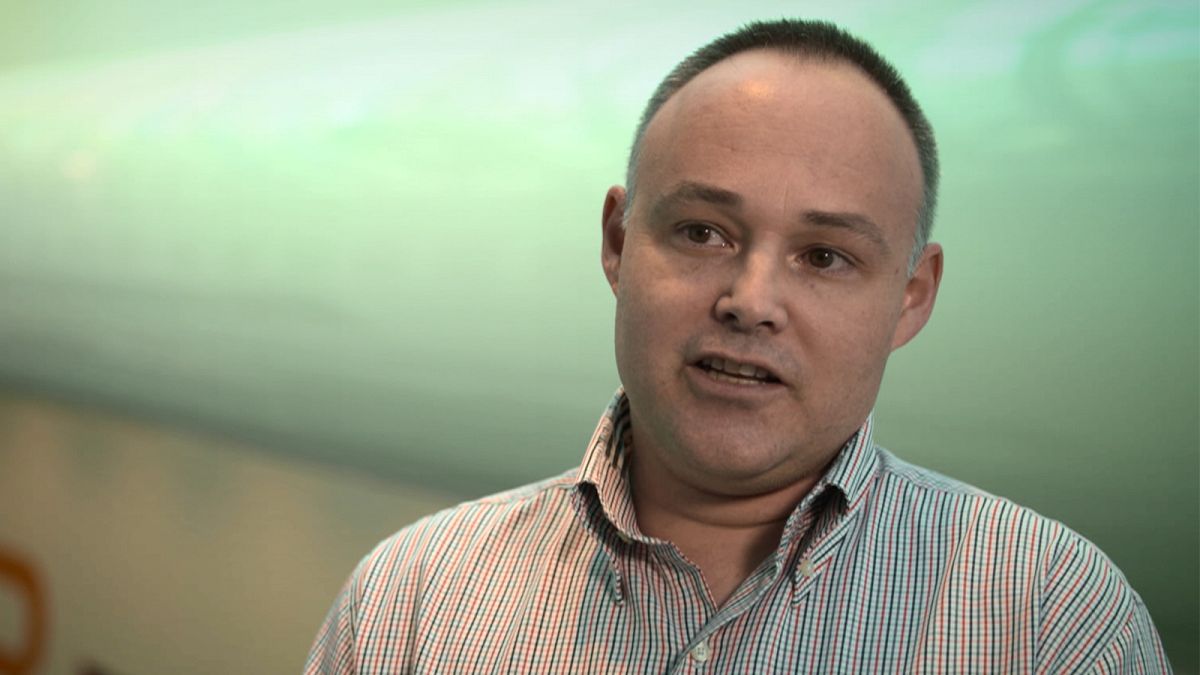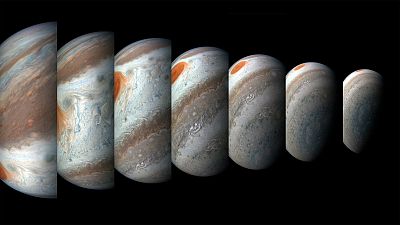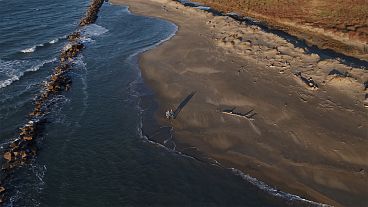#AskSpace: Why not go to the moons of Jupiter and Saturn to look for life? Olivier Witasse, Project Scientist for ESA's JUICE mission has the answer.
In this episode of #AskSpace were were joined by Olivier Witasse, Planetary Scientist at ESA.
We’ve had a question from Hernan Reyes, who would like to know why we’re not urgently heading off to go and look for life on the moons of Jupiter and Saturn?
Olivier Witasse: "Well in fact we are. We are preparing a mission called JUICE for Jupiter Icy Moon explorer. And we are going to explore the three icy moons of Jupiter, which are Europa, Calisto and Ganymede. We are not exactly looking for life. We do that step by step. But our main goal is to really detect and characterize, to know more about the liquid water which is underneath the crust of those icy moons," says Witasse, who is ESA's Juice Mission Project Scientist.
Jeremy Wilks: "Is there one of those moons that you think is a better candidate to look for life? A place where there might really be something?"
Olivier Witasse: "At the moment we think that Europa is one of the best targets, because we know there is liquid water a few tens of kilometres below the surface. We know the moon is very active, with a very young surface, so it's an interesting target to explore. So that's currently the best place. But we are also going to explore Ganymede, which is the largest moon in the solar system. In addition Ganymede has an internal magnetic field, which makes this moon quite interesting to explore. We need to know how much water, to know more about the conditions, and then we will send another mission to further explore those worlds."
You can ask your questions about the universe using the #AskSpace hashtag and we’ll try to answer them, and you can follow other space news on Euronews.com.



